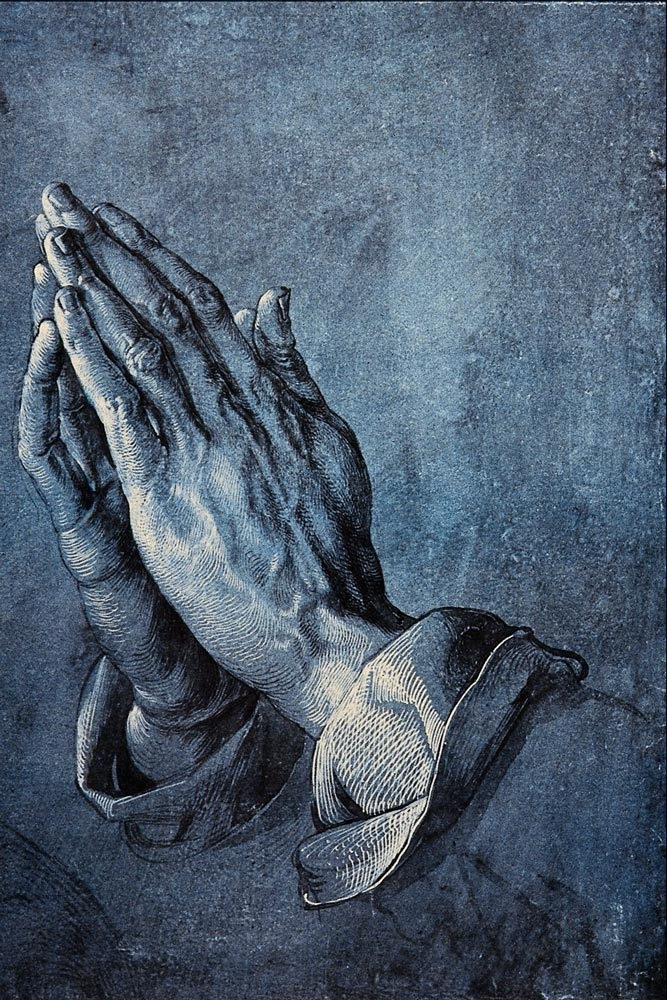There is a famous Jesuit saying, “Pray as if it all depends on God, work as if it all depends on you.” While there is certainly a healthy spirituality reflected in that ideal, it must be understood correctly. We should rather say, “Pray, because it all does depend on God. Work, even though it doesn’t depend on you.” Jesus invites us to cooperate with God’s providence completely free of anxiety and worry. We do what we can, and to the best of our ability, but not because God needs our work. God does not need our help, He does not need us, we cannot cause His master plan to fail by not living up to our potential. Our work is important for us, not for God. Our work is something God invites us to do to increase our happiness and blessedness, not because God needs collaborators. The thought that God’s providence depends upon the effectiveness of my work and effort is completely backwards. It is rather that my work is effective and my efforts well spent because of God’s providence. The spreading of the Gospel is a task so much greater than my own ability to comprehend, that it is actually necessary for me to believe – and thus to pray – before I can begin to perceive the work God is asking of me.
Friday of the Eleventh Week in Ordinary Time
In the conferences of John Cassian, there is a very important discussion about this virtue called “discretion.” It has to do with the monk’s ability to make a good discernment about what is the right course to take for someone who lives a radical life of psalmody, prayer, and work. When should I relax my normal rule of fasting? Should I follow what I am told to do by visions? Should I provide hospitality or seek greater solitude? If we look at the history of the development of Eastern monasticism we see a progression from certain inimitable examples of holiness and miraculous lives to the structures of cenobitism. Giving in to following austere practices that seemed synonymous with greater holiness was perhaps – at that time – an even greater risk than following a less severe and sometimes mediocre way. The prudence of a monk must incorporate the need for an austerity which says that I must live today as though it were my last day, and also as though I would have to live the same every day, over and over again, until I am 100. Between sleeping on the floor and sleeping on a great mattress, there is monastic discretion. Between eating three meals a day and eating once a week, there is monastic discretion.
Saint Aloysius Gonzaga, Religious

The Lord’s prayer is not just a formula. Indeed, Jesus Himself just finished rebuking those who multiply their words thinking that sheer quantity is what will get them a hearing before God. The Lord’s prayer is truly prayed by a heart that has allowed itself to resonate profoundly with the different sentiments and petitions contained therein. So the first step in learning how to pray the Lord’s prayer is actually understanding what each of the lines means:
“Our Father” – Our God is not Master, nor is He Judge, nor is He Supervisor or Babysitter. Our God is not Mother, nor is He Friend or Buddy. Fatherhood is a relationship to a being from whom we have received life, and so long as a man continues to give life he is truly a father. The life that God the Father gives us is something we call Grace, that Grace is nothing less than a share in His own Life. We continue to receive that grace to the extent that we allow God to exercise His Fatherhood upon us. The first statement of the Lord’s prayer takes us immediately to the core of Christianity. Our God is the True Father.

